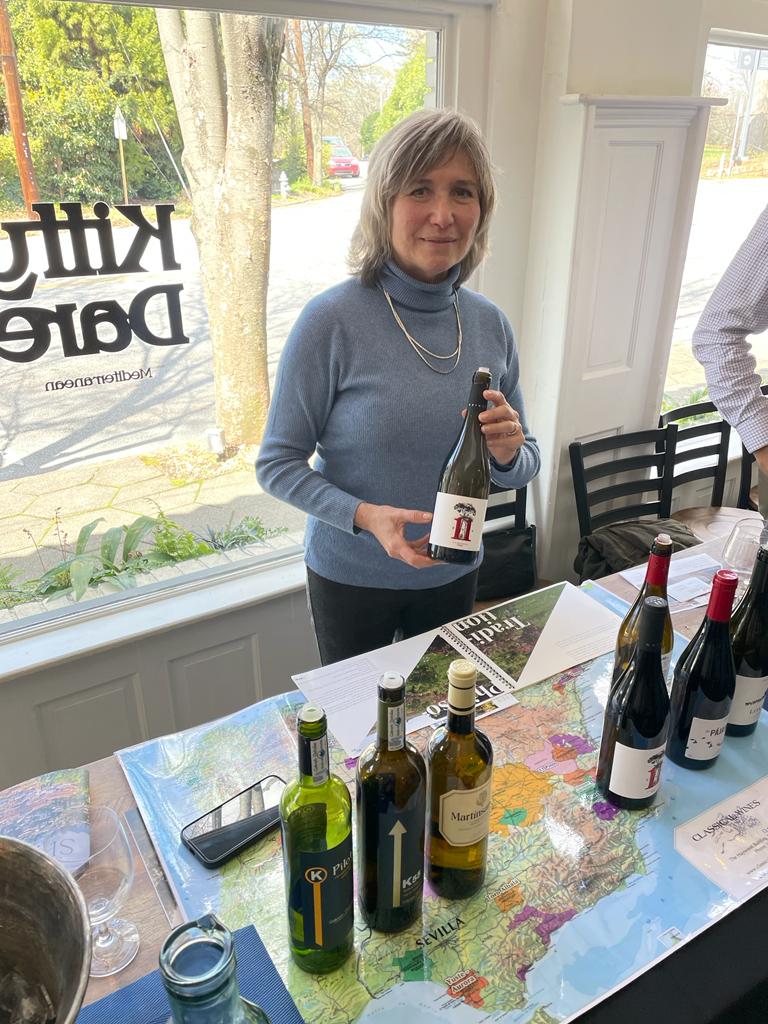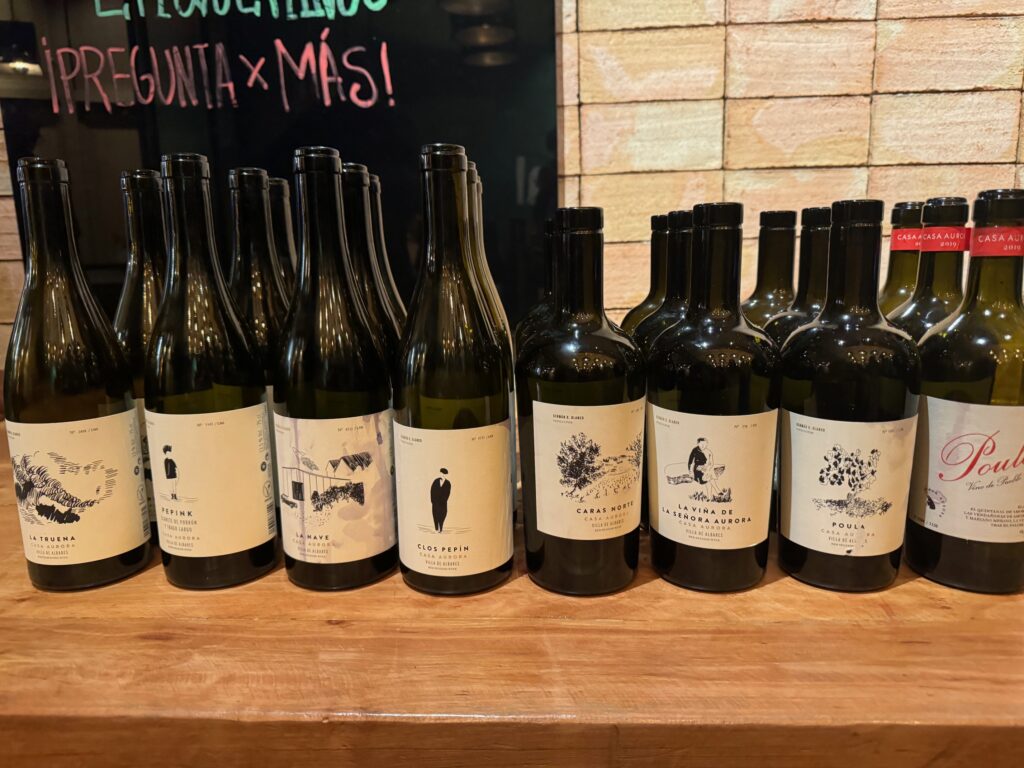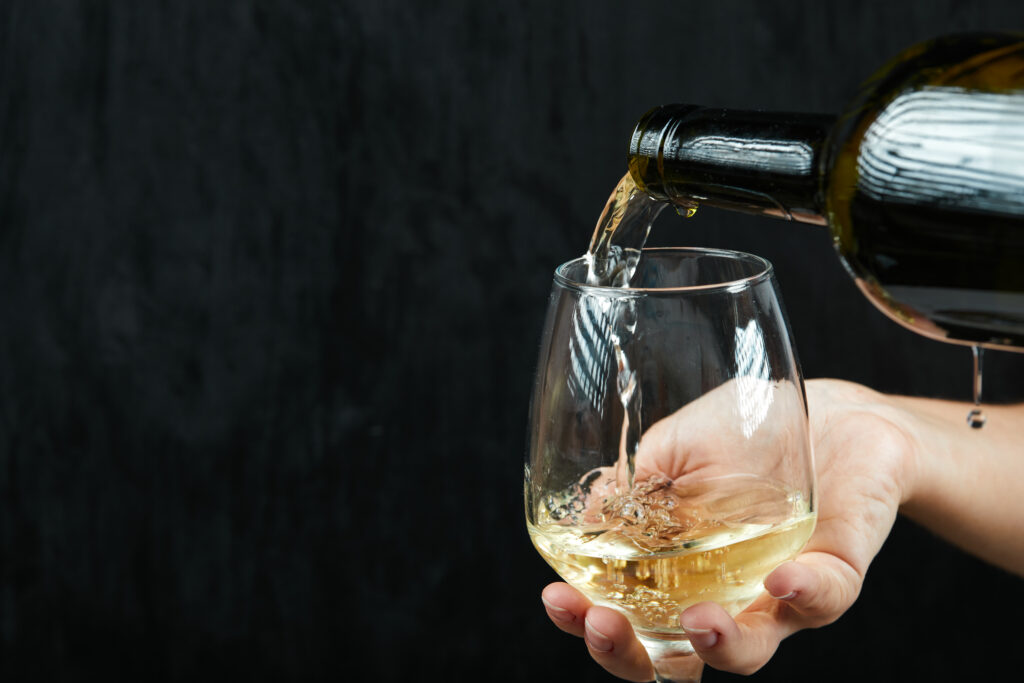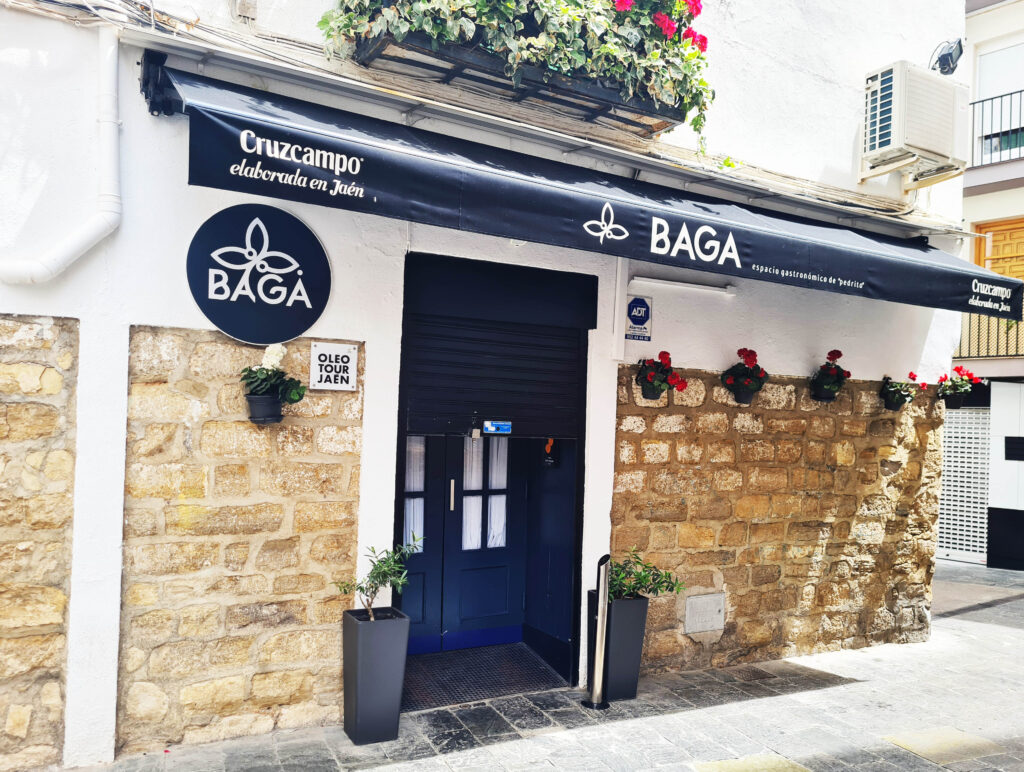We look at the moment that Spanish wineries are living in the US through the eyes of a true pioneer: Almudena de Llaguno. Almudena founded in 1985 with Steve Metzler Classical Wines from Spain, the first Spanish wine importing company in the country. Since then they have not stopped opening new paths to get our wines out of the hidden corner of the supermarket to give them the prominence they deserve and enjoy today
–You have just joined The Sorting Table project, a Californian boutique wine importer to expand your portfolio and commercial network. Could you give me more details?
The Sorting Table is a company like ours, but with a more complex structure. We only work with Spanish wines and they only had Italian and French wines, so it was clear that the synergy was perfect. In addition, we both work in the field of quality terroir wineries. It´s a win win.
–How have you faced the challenge of the pandemic?
Fortunately, we survived because we have been in this business for 37 years and we have a very diversified market. Some states were less restrictive, like Florida and Georgia, and we were able to maintain a reasonable level of sales. Unluckily we had an extra challenge: a sudden Trump extra taxes on our white wines and some reds. He caught us with the wine in the water, on the way to the US. It was in October, just before the most important months, so we decided to split the extra cost between ourselves and the distributors to protect the final customer. Fortunately we endured the challenge and the difficult times seem to be behind us. Here in the US everyone wants to get out and get back to normal life.
–With the perspective that decades in the sector gives you, how do you see the interest of the US market for Spanish wines?
I could say that the interest has remained stable, something that is already an achievement. The big change took place many years ago, when we got Spain to have its own label in specialized stores and left the hidden corner under the “Others” label mixed with wines from other countries such as Argentina. A few weeks ago we participated in a fair in Colorado Springs dedicated exclusively to Spanish wines and it was a resounding success. Atlanta is also a state where Spanish wines are highly appreciated. And finally, Arizona and Las Vegas, due to the migratory flow of people coming from the West Coast, are clearly emerging markets.
–In Spain, new areas are booming that promote local varieties and old vines. Does the same happen in the North American market?
At Classical Wines from Spain, from the beginning we have been looking for good wines that reflect the idiosyncrasy of their area. Since we created our company, the knowledge of Spanish varieties has increased tremendously. Many wine lovers today know Mencia, Monastrell and Godello. We were the first ones to bring Albariño to the US. I still remember when we had to spell the grape varieties. We had to paint a map of Spain on our business cards and were asked all the time for wines that tasted like Cabernet. Today all that has changed, fortunately.
As for the recovery of old varieties, it will depend, because I understand that winemakers like to experiment. But you also have to produce reasonably. If a variety has been cultivated for centuries, it is for a reason.
-What has changed over these three decades in the way of promoting Spanish wines?
There has been a radical change in all aspects. Every time you have to be more active and the number of bloggers and influencers has multiplied. In our case it has been more of an adaptation because we continue to rely heavily on our network of distributors, who are the ones who go out and sell to stores. Although they are also very active in networks.
-Speaking of the increase in influencers, are the traditional prescribers such as Robert Parker or the Peñin Guide still the great gurus, or has the market diversified?
Parker has diminished his influence. Here in the US Wine Spectator and Wine Enthusiast are still very strong. I would say that people over 50 still rely on the more traditional publications when choosing a wine. But young people follow more bloggers and more alternative people. There is room for everyone in the market.







0 Comments